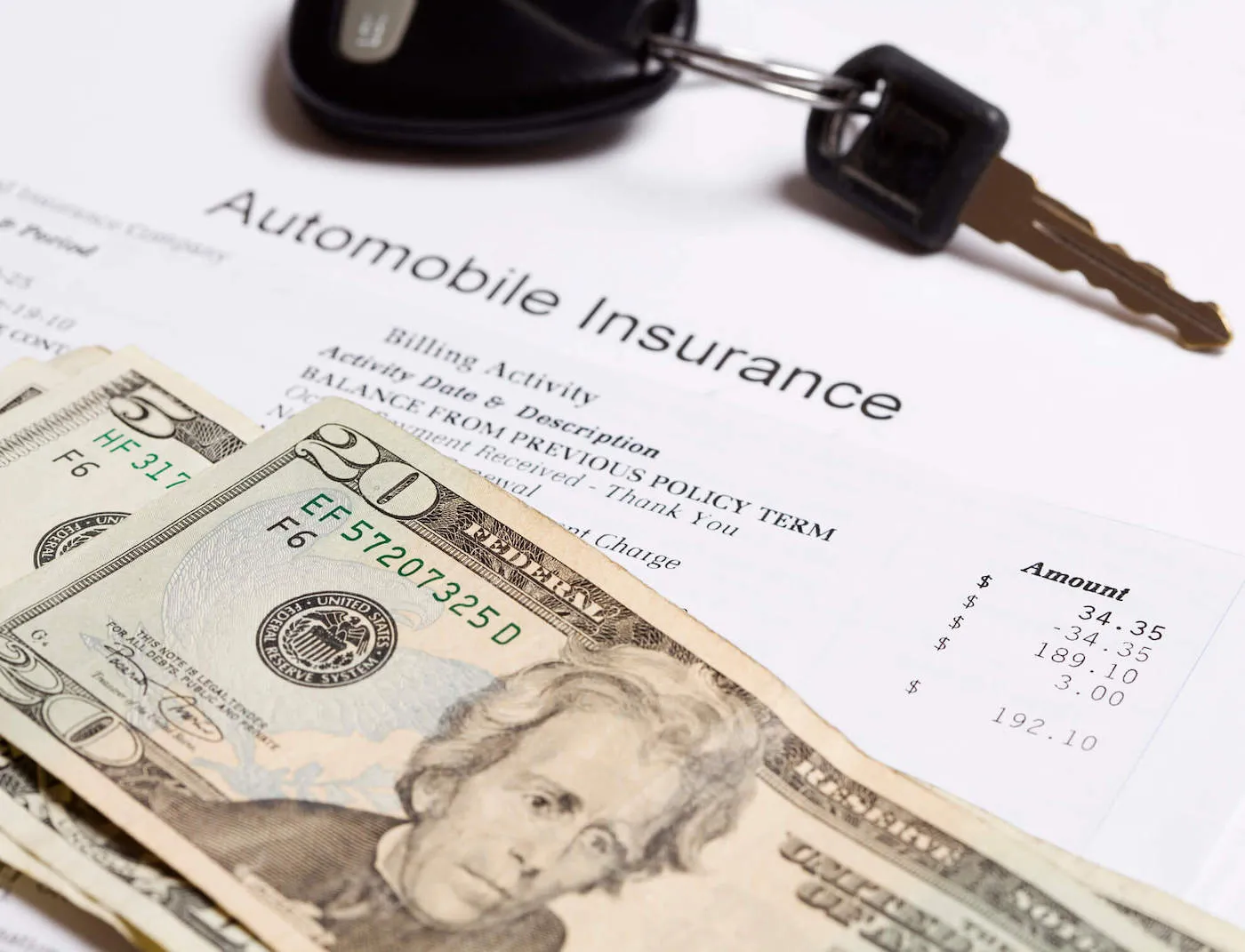What Can I Do With My Car Insurance Claim Check?
Quick Answer
Yes, you may be able to keep the check from your insurance payout without fixing your car, but first you’ll have to make sure you satisfy any lienholder requirements.

You may be able to keep an insurance payout rather than use it for repairs when you file an auto insurance claim, but it depends on a few factors, such as whether you have a loan or lease on the car.
If your car is damaged in an accident or event such as a hailstorm, your insurance company will likely cut a check to pay for repairs (minus your deductible). But who receives that check depends on whether you own the car outright or finance it. It may go to your lienholder if the car is financed, your mechanic or body shop once repairs have been agreed upon or directly to you. If your insurance company pays you directly, you may have some wiggle room on what to do with the money.
How Car Insurance Payouts Work
When a car is damaged, the insurance provider will look it over and provide an estimate for the total cost of repairs. Depending on the insurer's policies, you may have the option to receive this payment as a check or electronic funds transfer, or have the insurer pay the mechanic or body shop directly. If the suggested repairs are purely cosmetic, you may choose to accept the check from your insurer and live with a dented door or scratched paint.
If you have a loan or lease on your car, the insurance company will likely issue a check addressed to both you and the lienholder for car repairs. Lienholders have a vested interest in your car being in good shape, so they will most likely require you to use the insurance payout to repair your car.
You'll need to have the repairs completed and then send proof of repair to the lienholder before they will sign the check over to you or the auto repair shop. With a leased vehicle, there are likely stringent repair requirements, such as only using factory rather than aftermarket parts.
Should You Pocket Your Insurance Payout?
If your car suffered serious damage that could make it hazardous for you to drive, it's important to repair it to help ensure your safety. Likewise, if the car is drivable but the damage is likely to cause problems down the road, you should use your payout as intended.
If you own your vehicle and the repairs needed are purely cosmetic or won't affect how the car operates, however, you may choose to put your payment to other uses.
Some strategic ways to use your payout to put you on more solid financial footing include:
- Putting the money in an emergency fund: It's important to have an emergency fund to help cover unexpected costs. Common recommendations suggest starting with $1,000 in an easily accessible account and then growing that to three to six months' worth of expenses. If you don't have an emergency fund already, dropping an insurance payout into a savings account for emergencies is a smart move.
- Paying down high-interest credit card debt: If you have credit card debt accruing high interest, paying down your balance can save you money—and may help raise your credit score.
- Paying off a medical bill: A big medical bill can feel daunting to pay off. Using a car insurance payment to tackle medical debt could help you avoid having bills sent to collections.
- Putting an extra payment toward your mortgage or car loan: The faster you pay off your mortgage or car loan, the less interest you'll pay. So it's almost always a good idea to make an extra payment or two when you've got some extra cash laying around—but check for any early repayment penalties first.
- Investing: If you have a retirement account or have been wanting to open a brokerage account to start investing, your insurance payout could help fund your investment.
Keep in mind that your rates may go up after making a car insurance claim, so carefully consider filing a claim if you only stand to gain a small payout.
The Bottom Line
If you are about to receive a payout from your car insurance company for repairs on your vehicle, it may be tempting to keep that money. But you should only consider doing so if you have the legal right to refuse repairs and can live with the minor damage to your car without causing problems to worsen.
A simpler way to save money on car costs may be to find a better car insurance rate. With Experian's auto insurance comparison tool, you can get quotes from up to 40 top providers in minutes that are comparable to your current plan, so you'll know if you've got the best deal.
Don’t overpay for auto insurance
If you’re looking for ways to cut back on monthly costs, it could be a good idea to see if you can save on your auto insurance.
Find savingsAbout the author
Emily Cahill is a finance and lifestyle writer who is passionate about empowering people to make smart choices in their financial and personal lives. Her work has appeared on Entrepreneur, Good Morning America and The Block Island Times.
Read more from Emily

